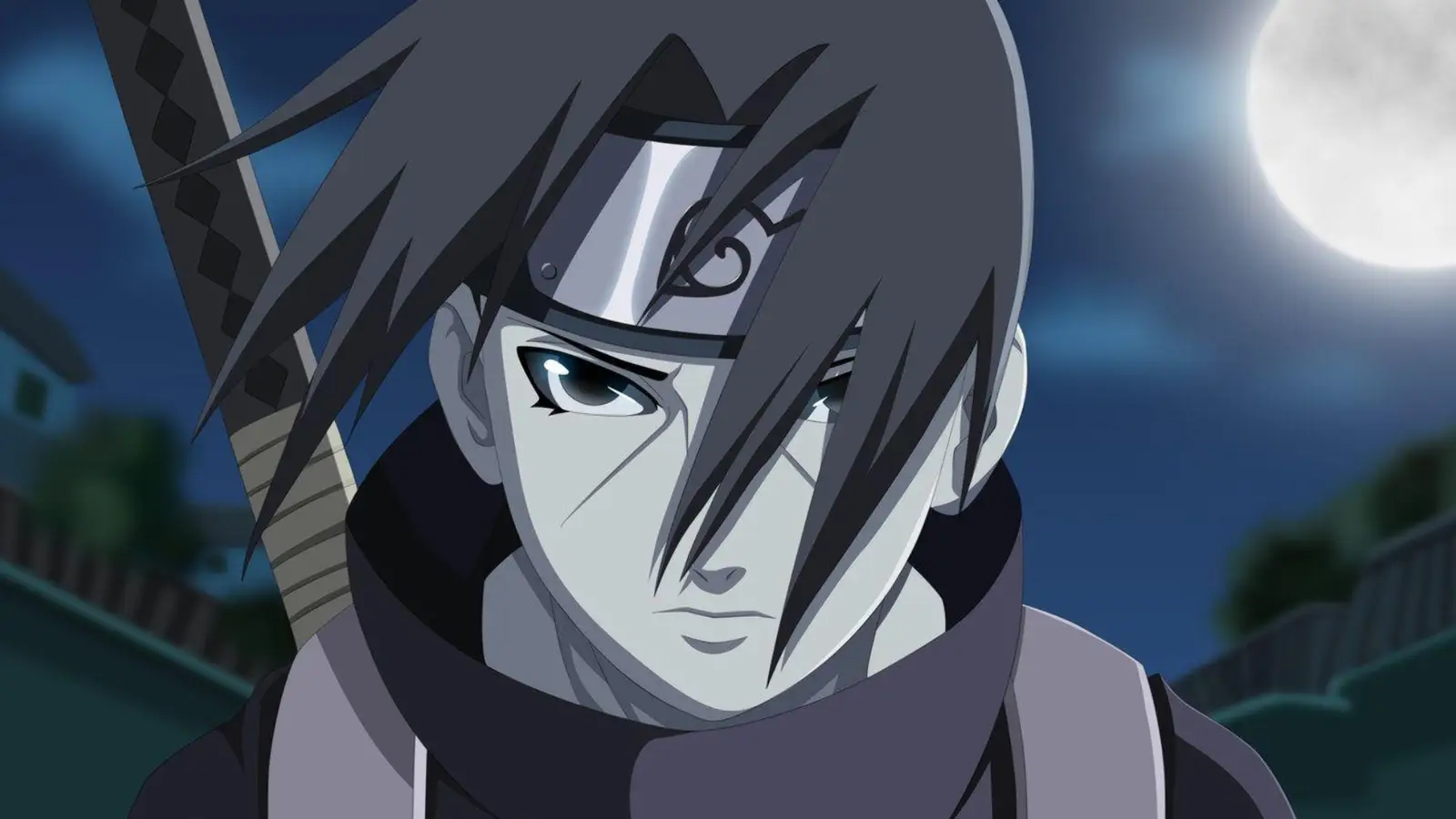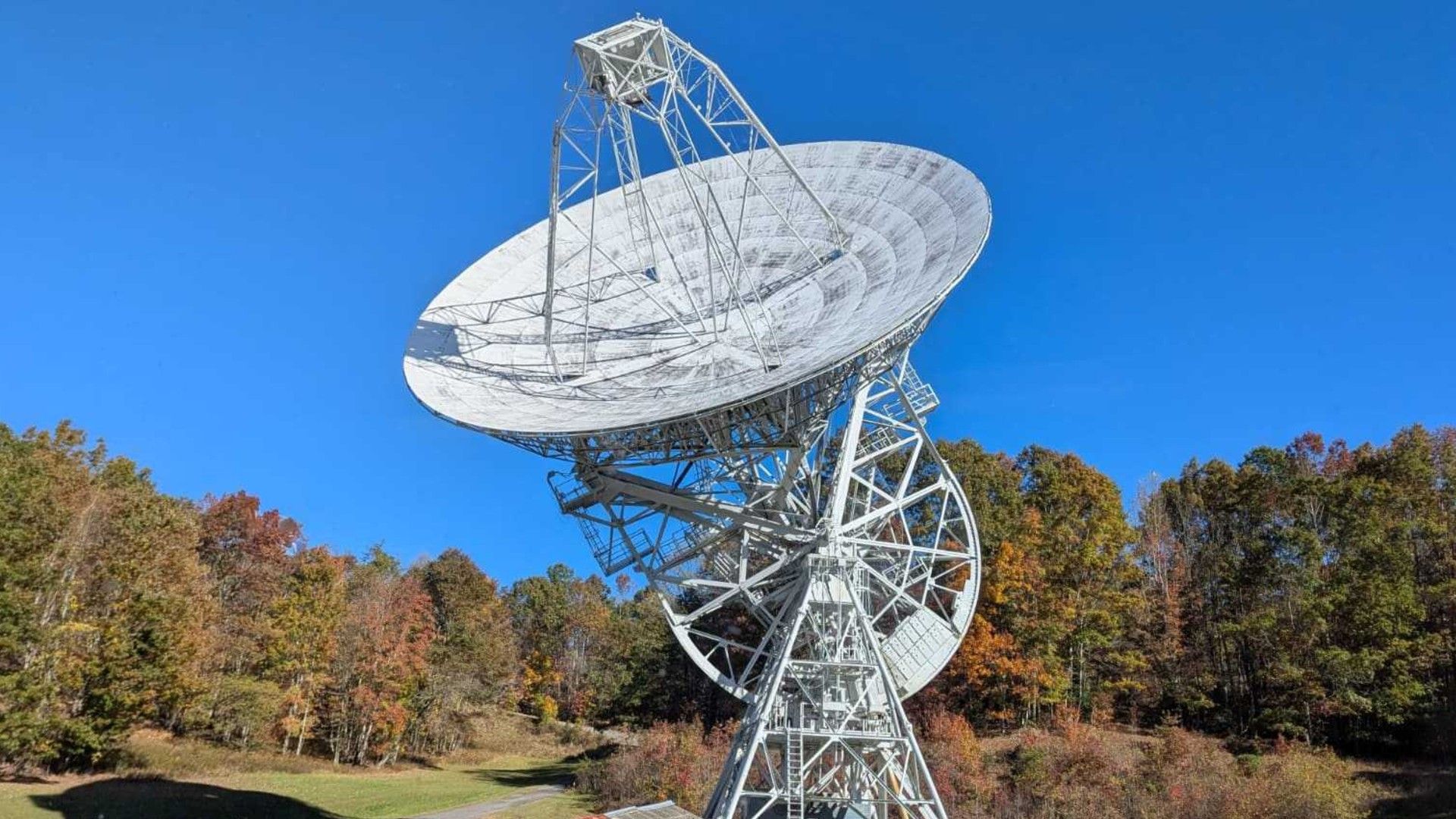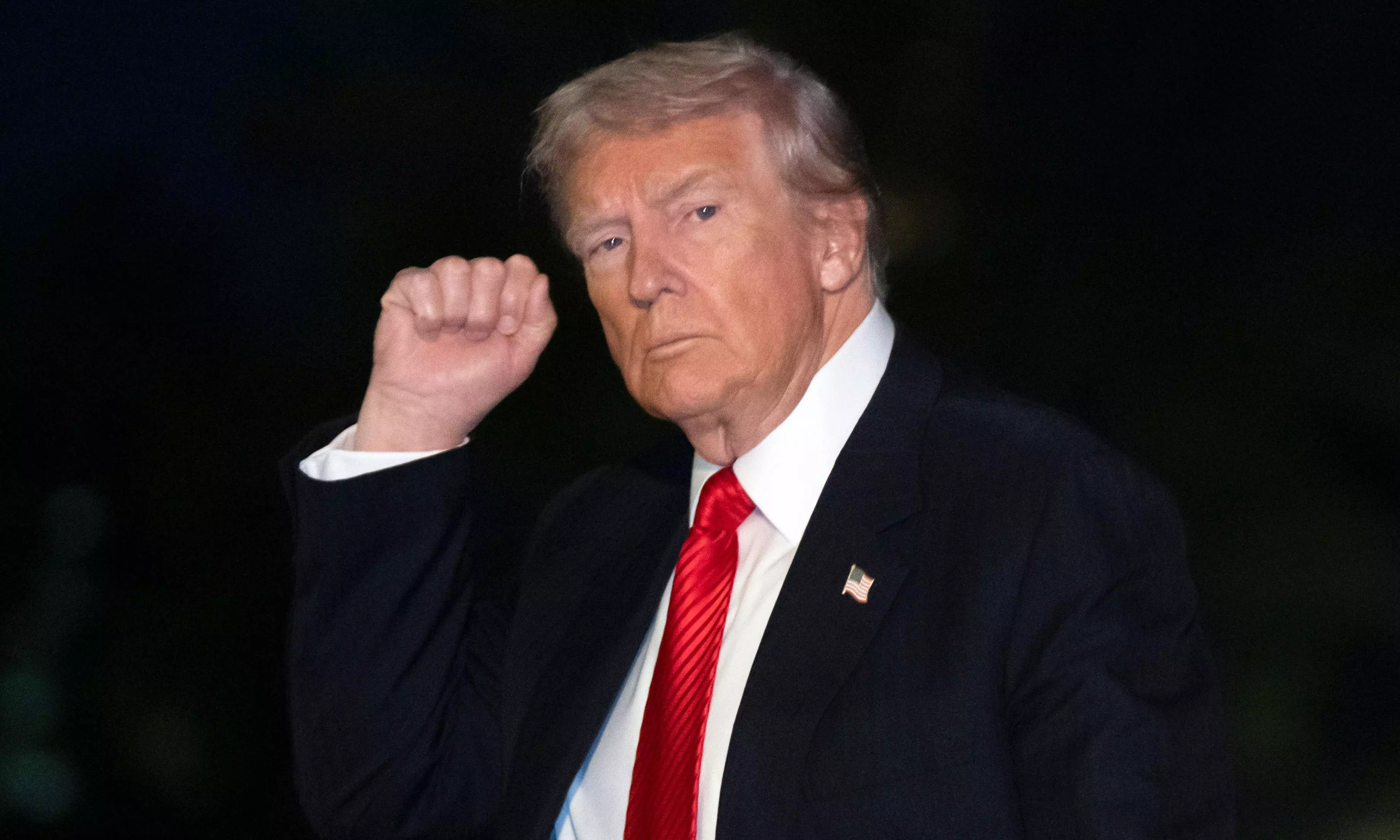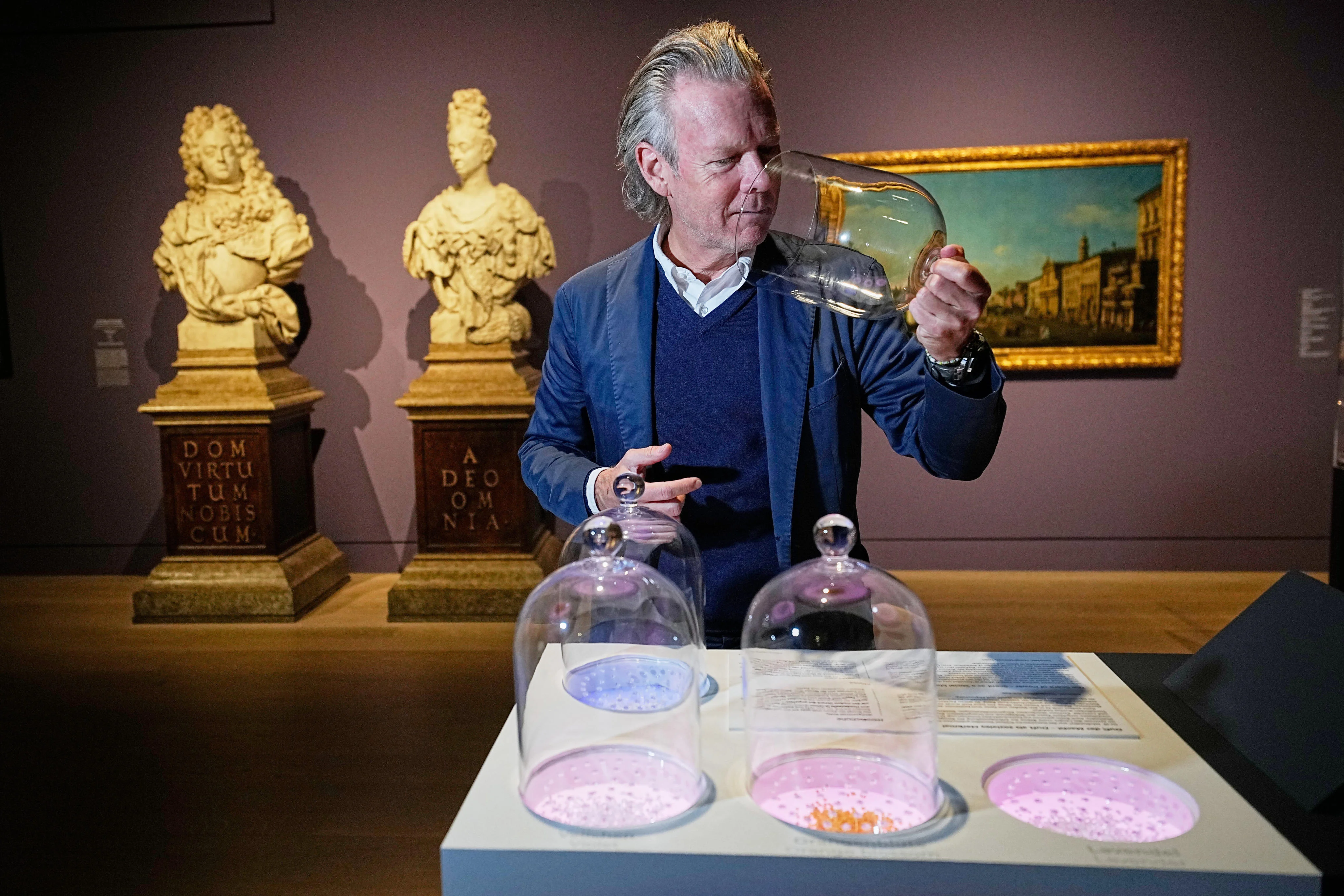Copyright Screen Rant

For decades, Naruto fans have revered Itachi Uchiha as the ultimate tragic hero, a man who sacrificed everything for his village while being vilified by those he swore to protect. Itachi’s blend of quiet genius, self-sacrifice, and emotional restraint made him one of anime’s most respected figures. Yet, in Boruto: Two Blue Vortex, the spirit of Itachi has been quietly reborn, not through bloodline, but through legacy. While fans once debated who might carry Naruto’s Will of Fire, the franchise subtly passed Itachi’s torch to a surprising heir, as Boruto Uzumaki himself. Once dismissed as a spoiled prodigy with no understanding of hardship, Boruto has evolved into a shadow protector who is disgraced, misunderstood, and burdened by duty. In essence, Boruto has become what Itachi once was: a silent guardian walking the path of sacrifice. Boruto Uzumaki Becomes Konoha’s Shadow Protector At first glance, Itachi and Boruto couldn’t seem more different. Itachi was calm, calculated, and wise beyond his years, while Boruto began his story arrogant and naive. Yet, Two Blue Vortex shows Boruto’s transformation into a character embodying Itachi’s true essence, as one who sacrifices himself for Konoha’s safety while living as an outcast. Itachi once accepted infamy to preserve peace, taking the blame for the Uchiha clan’s downfall to prevent civil war. Boruto, meanwhile, endures exile and hatred after being falsely accused of crimes he didn’t commit. Despite this, he continues protecting the village from unseen threats, driven not by recognition, but responsibility. Boruto, like Itachi, understands that the greatest acts of heroism often go unseen. Both characters operate from the shadows, prioritizing peace over pride. Boruto, like Itachi, understands that the greatest acts of heroism often go unseen. This selflessness represents the purest form of shinobi spirit that places the village above personal happiness. He’s not seeking a Hokage’s title or applause; he’s fulfilling a duty that few could bear. The Parallels Between Itachi and Boruto Run Deeper Than Fans Think What makes Boruto the new Itachi isn’t just circumstance, it’s ideology. Itachi famously said, “Self-sacrifice! That’s the true essence of a shinobi!” This same principle defines Boruto’s journey in Two Blue Vortex. His decision to protect Konoha from exile mirrors Itachi’s devotion, revealing how history repeats itself within new generations. Even Boruto’s relationships echo Itachi’s. Where Itachi supported Sasuke from the shadows, Boruto now watches over Sarada, the daughter of his old mentor. His vow to “support her from the shadows” is a poignant callback to Itachi’s own promise that leadership and love sometimes mean letting others shine in your place. Both men also share an awareness of loneliness. Itachi bore the crushing weight of knowing truths too dangerous for the public to learn, while Boruto shoulders the consequences of the world’s altered memories. Each understands isolation as the price of peace. Both operate in moral gray zones, doing what must be done even if history condemns them for it. Boruto Represents a New Generation and a Different Kind of Legacy Yet despite these spiritual parallels, Boruto will never eclipse Itachi’s cultural impact, and perhaps he isn’t meant to. Itachi became a symbol of tragic nobility, a hero defined by his impossible choices. His story was self-contained and poetic. Boruto’s, by contrast, is still unfolding and modernizes the shinobi ideal without erasing its past. The truth is that Boruto’s world is fundamentally different from Itachi’s. Konoha is no longer a war-torn nation of secrets and bloodlines, but a modernized society built on peace. Boruto’s self-sacrifice exists in a more complex, less romanticized world where surveillance, technology, and shifting loyalties make heroism even harder to define. That quiet endurance and refusal to abandon his people even when they’ve turned against him is what makes Boruto Itachi’s true successor in spirit, if not in stature. Still, Boruto’s willingness to protect his home, even when vilified, keeps the moral heart of Naruto alive. He’s not chasing glory or recognition; he’s choosing the harder road. That quiet endurance and refusal to abandon his people even when they’ve turned against him is what makes Boruto Itachi’s true successor in spirit, if not in stature. Boruto’s Burden Reflects the Evolution of the Shinobi Ideal Itachi represented the old shinobi world that was built on secrecy, duty, and sacrifice. Boruto, however, represents its evolution. His path merges Itachi’s stoicism with Naruto’s idealism, bridging two philosophies that once seemed opposed. While Naruto changed the world through hope, Boruto sustains it through quiet resolve. This evolution is key to understanding why Two Blue Vortex has resonated so deeply with long-time fans. The series doesn’t simply mimic Naruto’s past; it reframes it. Boruto’s fall from grace and silent guardianship symbolize how the shinobi legacy has adapted for a new era, where strength comes not from killing enemies, but from enduring misunderstanding and maintaining conviction. Just as Itachi’s story forced fans to question the morality of Konoha’s leaders, Boruto’s arc pushes viewers to reflect on how truth can be manipulated. By living outside the village’s borders and still defending it, Boruto embodies resistance against corruption without becoming consumed by revenge, which was a balance even Itachi struggled to maintain. Why Boruto’s Quiet Coronation Matters It is telling that Boruto’s transformation wasn’t announced with fanfare or grand prophecy. Kishimoto and Ikemoto didn’t name him Itachi’s successor, they simply wrote him into that role. Through subtle parallels, emotional echoes, and narrative choices, Boruto became a living continuation of Itachi’s ideals. That quiet coronation reflects Itachi’s own nature: understated, unnoticed, yet essential. Just as Itachi’s greatness wasn’t recognized until after his death, Boruto’s true heroism may only be understood when the dust settles. His story isn’t about glory but endurance. It is a mirror to Itachi’s silent suffering, reimagined for a new generation of shinobi and fans alike. Boruto, the boy once destined to inherit Naruto’s flame, instead carries the burden of Itachi’s shadow.



